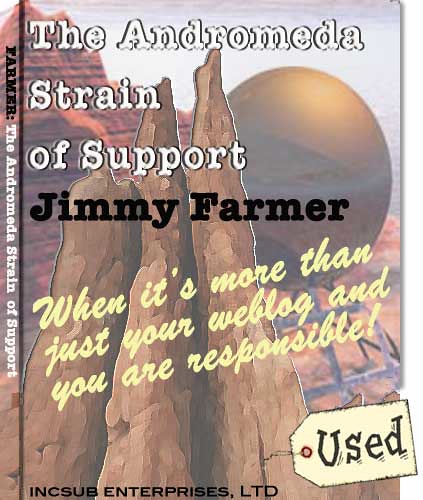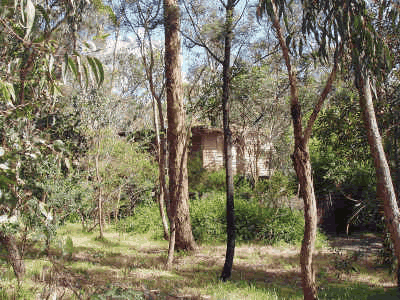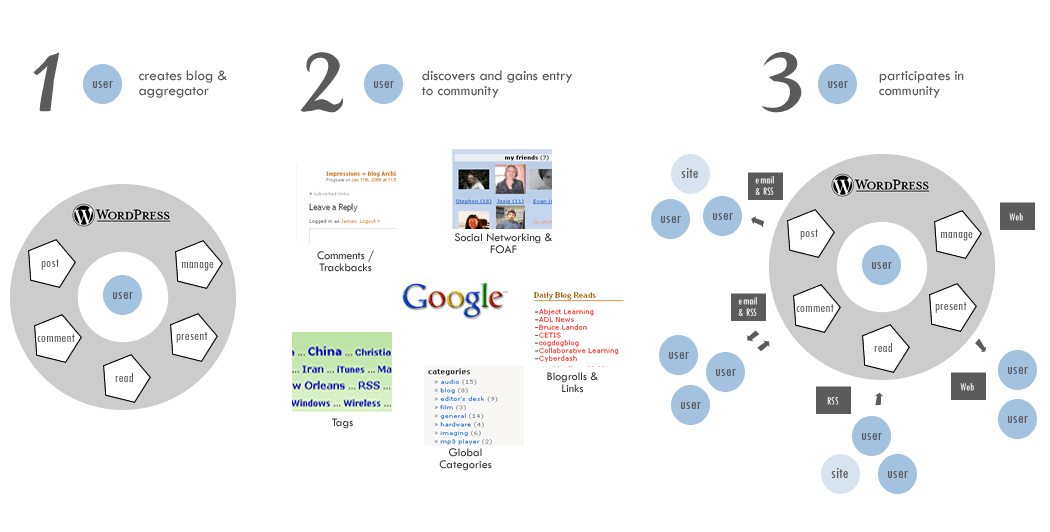1st of February. Hurrah. Bandwidth issues quelled for another 20 odd days (Feb is good too, nice and short :)
Incidentally it seems that the best way to deal with the Googlebot battle I’ve been having was to contact Google (duh) who have been pretty responsive and nice saying they’re going to reduce the load… but we shall see!
Thanks for all the emails / inquiries about supporting edublogs.org. Keep ’em coming!
Stephen didn’t quite get it right when he said I was looking for donations. Basically ‘cos I’m not (and don’t think I said I was either?) … instead I’m looking for organisations / businesses to support the service. The reason being that I don’t want edublogs.org patrons to feel like they should be donating, because I feel that they should have the space for free with no obligation, and to be honest I’d also rather have a sustainable mini-business model to support it rather that other peoples generosity… more secure and I feel more comfortable with it.
But to ask how much is a fair comment. Currently I’m spending $US75 p/month on shared hosting and that’s at the absolute top end of what my provider offers in that area. Funny as I started on $7 not so long ago.
As a result of the (now pretty immense) daily backups, speed issues of running shared hosting, and the need for lots more space & bandwidth (especially when edublogs.org hands over enough space for podcasting etc!) we’re going to have to go onto a dedicated server. I’m also quite keen to stay with my original provider – they’re very honest, supportive and reliable. Seriously… so if you do wanna throw some $s my way without doing it yourself sign up with them and tell them I sent you! Psek.com
And that’s gonna cost US$250 p/month… shudder!
So, how much do I need? Well, US$3000 p/year basically. So if you’re an eccentric millionaire just drop it into paypal (james at incsub dot org) but otherwise I’d rather get it off organisations that can gain from the investment and have the funds to spare.

 Why don’t I care about
Why don’t I care about 

